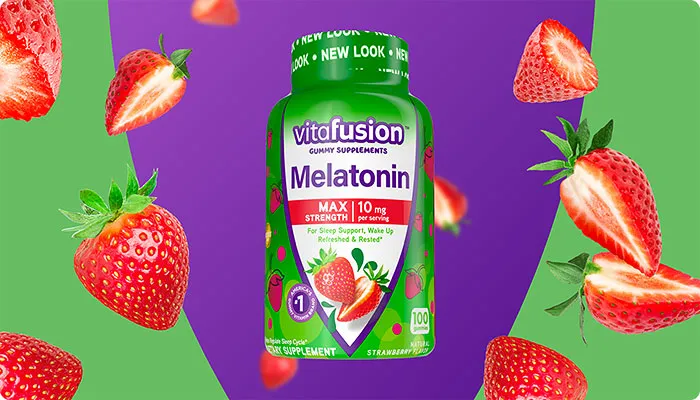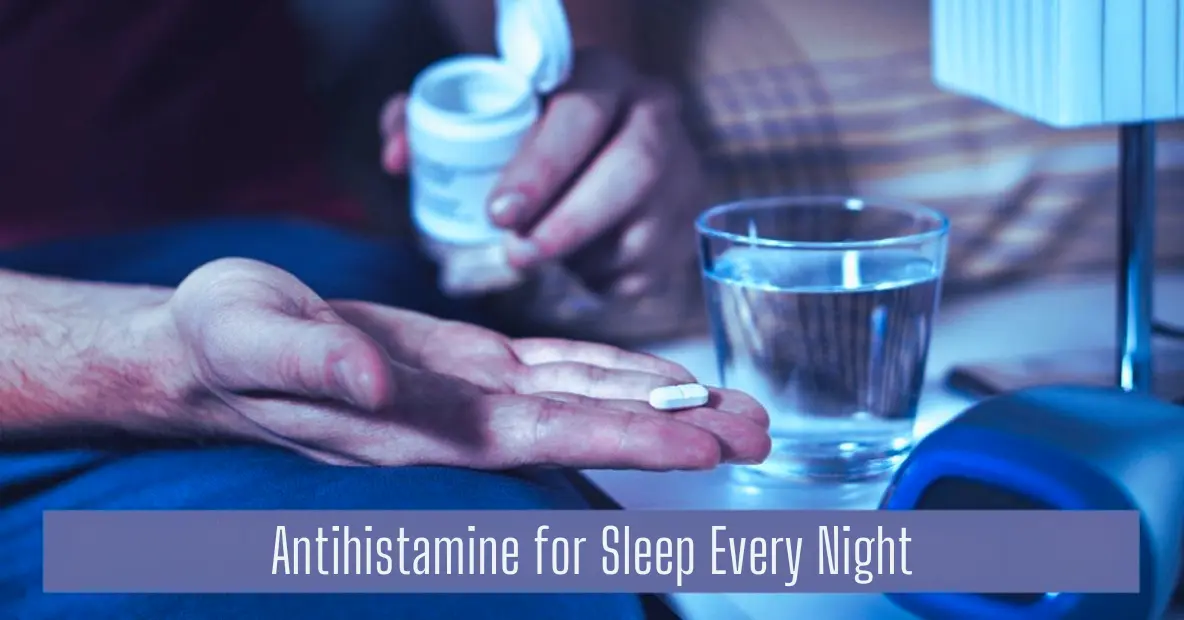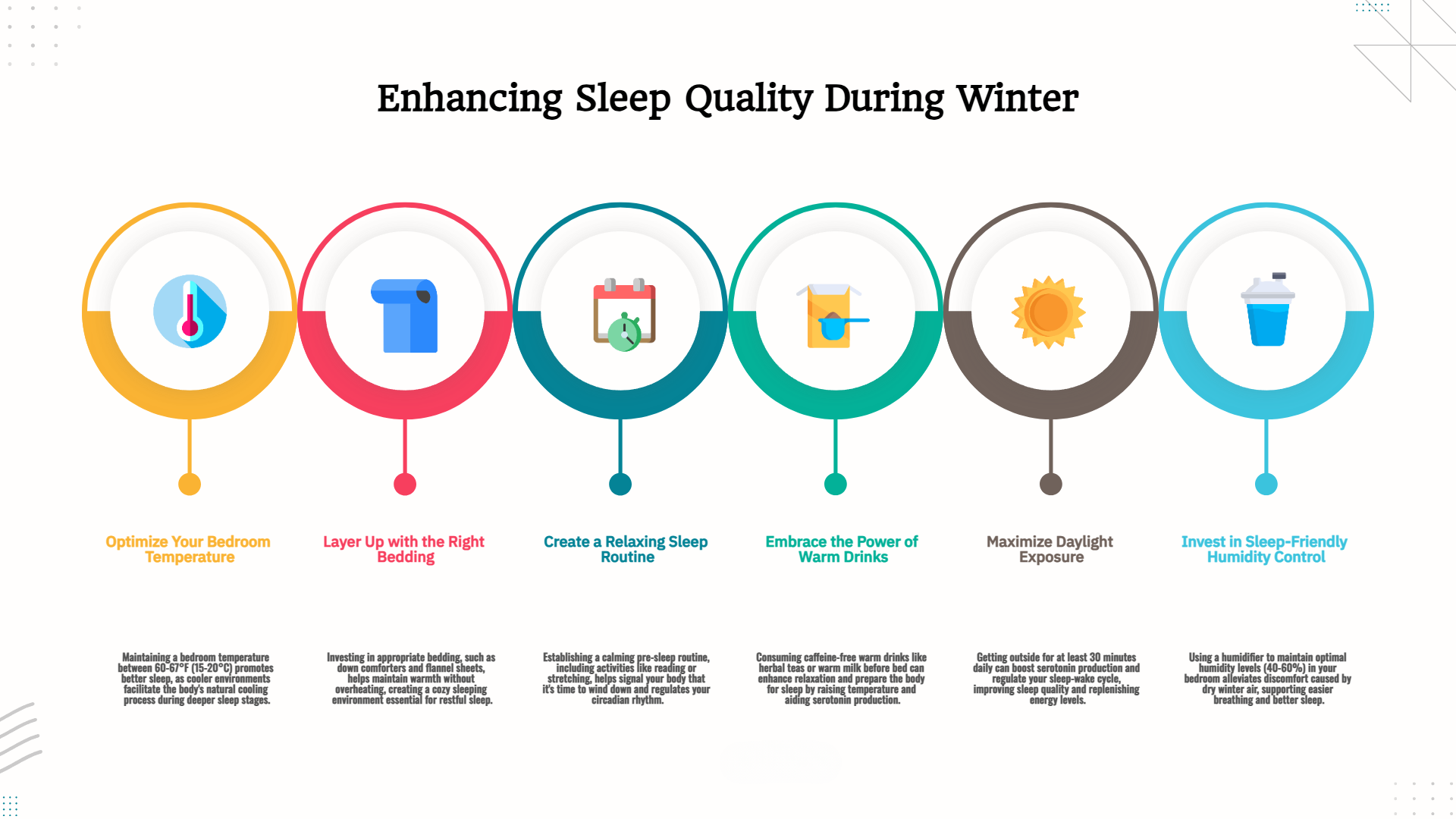
Introduction
Sleep is a vital process that affects our overall health and well-being. When we don’t get enough sleep, it can impact our mood, energy levels, and cognitive function. While lifestyle changes like establishing a regular sleep schedule and creating a relaxing bedtime routine are crucial for good sleep hygiene, sometimes we need a little extra help. Sleep supplements can be a helpful tool, but it’s important to understand the differences between natural and chemical options.
Natural Sleep Supplements: A Gentle Nudge Towards Rest

Credit: www.vitafusion.com
Natural sleep supplements are derived from plant-based ingredients, vitamins, or minerals that promote relaxation and better sleep without heavily altering brain chemistry.
Popular Natural Sleep Supplements
- Melatonin
- A hormone naturally produced by the body to regulate sleep-wake cycles.
- Benefits: Effective for jet lag, shift work, or occasional insomnia.
- Drawbacks: Overuse can disrupt the body’s natural melatonin production.
You may also try: Natrol Melatonin Gummies for Restful Sleep – Convenient and tasty with no artificial flavors.
- Valerian Root
- An herbal remedy traditionally used to reduce anxiety and improve sleep.
- Benefits: May help with mild insomnia or stress-induced sleep problems.
- Drawbacks: Effectiveness varies, and some users report grogginess the next day.
- Explore Nature’s Way Valerian Root Capsules – A trusted, non-GMO option for better relaxation.
- Chamomile
- A flower often consumed as tea for its calming properties.
- Benefits: Gentle, widely available, and soothing for evening relaxation.
- Drawbacks: Mild effect; may not be strong enough for severe insomnia.
- Sip Celestial Seasonings Sleepytime Tea – A classic choice for winding down before bed.
- Magnesium
- A mineral that supports muscle relaxation and nervous system health.
- Benefits: Helps improve sleep quality, especially for those with deficiencies.
- Drawbacks: High doses can cause digestive issues.
You may also try: Magnesium Glycinate by Nested Naturals – Gentle on the stomach and effective for promoting relaxation.
Pros & Cons
Pros of Natural Sleep Supplements
- Safety: Generally considered safe for most people, with fewer serious side effects.
- Availability: Easily found in stores or online without a prescription.
- Supportive of Long-Term Health: Often provide additional health benefits, such as reduced anxiety or improved relaxation.
Cons of Natural Sleep Supplements
- Effectiveness: May not be as powerful as chemical options for severe insomnia.
- Delayed Results: Some natural remedies require consistent use over weeks for noticeable effects.
- Individual Variability: Results can vary widely depending on the person.
Chemical Sleep Supplements: Targeted Relief for Insomnia

Credit: www.health.harvard.edu
Chemical sleep supplements include prescription medications and over-the-counter (OTC) drugs designed to induce sleep by altering brain chemistry.
Types of Chemical Sleep Supplements
- Prescription Medications (e.g., Zolpidem, Eszopiclone)
- Specifically formulated to address chronic or severe sleep disorders.
- Benefits: Highly effective for short-term use; helps people fall and stay asleep.
- Drawbacks: Potential for dependency, withdrawal symptoms, and next-day drowsiness.
- Over-the-Counter (OTC) Options (e.g., Diphenhydramine, Doxylamine)
- Found in common sleep aids like Tylenol PM or ZzzQuil.
- Benefits: Convenient and accessible without a prescription.
- Drawbacks: Often include antihistamines, which may cause grogginess and tolerance over time.
- Try ZzzQuil Nighttime Sleep Aid – A fast-acting solution for occasional sleeplessness.
Pros of Chemical Sleep Supplements
- Effectiveness: Provide quick and reliable results for severe or acute sleep issues.
- Variety: Options tailored to specific sleep challenges, such as difficulty falling asleep or staying asleep.
Cons of Chemical Sleep Supplements
- Safety Concerns: Long-term use can lead to dependency or health complications.
- Side Effects: Include dizziness, memory issues, and impaired coordination.
- Doctor Supervision Needed: Prescription options require careful management to avoid misuse.
How to Choose the Right Sleep Supplement

Credit: timesofindia.indiatimes.com
When deciding between natural and chemical sleep aids, consider the following factors:
1. Identify Your Sleep Challenges
- Mild Sleep Issues: Natural supplements may be sufficient for occasional insomnia or stress-induced sleeplessness.
- Severe Sleep Disorders: Chemical options might be more effective, but consult a doctor.
2. Evaluate Your Lifestyle and Preferences
- Natural supplements often align with holistic or wellness-focused lifestyles.
- Chemical options may be better for those seeking immediate relief.
3. Consider Safety and Side Effects
- Check for potential interactions with existing medications.
- Start with the lowest effective dose and monitor for adverse effects.
4. Combine with Lifestyle Changes
- Pair supplements with healthy habits like maintaining a consistent sleep schedule, limiting screen time before bed, and creating a relaxing bedtime routine.
Practical Tips for Using Sleep Supplements
- Consult a Healthcare Professional: Especially if you have underlying health conditions or take other medications.
- Start Small: Begin with the lowest effective dose to gauge your response.
- Monitor Effects: Keep a sleep journal to track improvements or side effects.
- Avoid Long-Term Dependency: Use supplements as a temporary aid rather than a permanent solution.
Conclusion
Natural and chemical sleep supplements each have their place in addressing sleep challenges. Natural options like melatonin or chamomile offer a gentle approach with minimal side effects, making them ideal for mild sleep disturbances. On the other hand, chemical options provide powerful relief for more severe issues but require careful use due to potential risks.
Ultimately, the choice depends on your specific needs, health conditions, and lifestyle preferences. Always prioritize safety and consider consulting a healthcare provider for personalized guidance. With the right approach, you can take meaningful steps toward better sleep and improved overall well-being.















